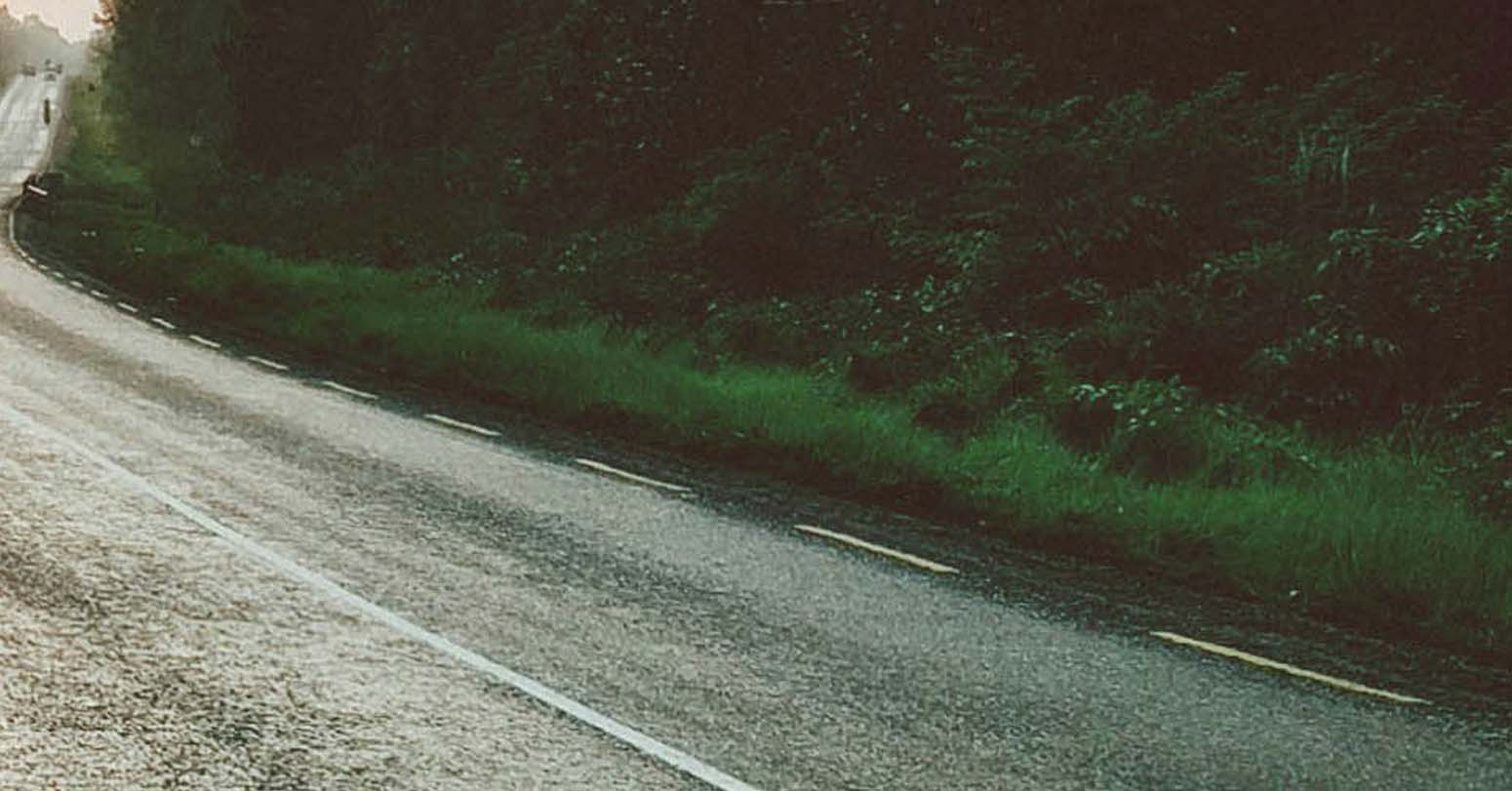
Russian authorities are increasingly targeting children and their families as punishment for opposing the Kremlin and its invasion of Ukraine, Amnesty International said Friday.
After Russian leader Vladimir Putin sent troops to Ukraine in February 2022, authorities have intensified their crackdown on dissenters, using children to put pressure on parents, threatening to remove parental rights or placing children in institutions, the rights group said in a report.
Some parents had to flee Russia with their children to avoid being separated from them.
"Despite all the Kremlin's talk about the value of the family, it is the very bond between children and their parents that is being shamelessly exploited to crush dissent," said Oleg Kozlovsky, Amnesty's Russia researcher.
"In this politically motivated assault on children, schools and teachers have become tools of persecution and arbitrary interference by the state," he said, adding that schools were indoctrinating children with "false government-mandated narratives".
In October 2022, 10-year-old Varvara Galkina was interrogated by Moscow police over her WhatsApp profile picture, which featured a drawing supporting Ukraine.
The police threatened her mother, Elena Jolicoeur, and conducted a search at their home. Fearing criminal prosecution, Jolicoeur and her two daughters left the country.
"I didn't want my children to live a double life, to pretend that they agree with the government or support the war," she told Amnesty.
In September 2022, police in Ulan-Ude, eastern Siberia, arrested opposition activist Natalya Filonova at a protest. She was placed in pretrial detention after several months under house arrest, while her disabled foster son Vladimir Alalykin, then 16, was placed in an orphanage.
In August 2023, Filonova was sentenced to two years and ten months in prison. Her son remained in the orphanage where he said he had been abused by other children, Amnesty said.
- 'Upside-down world' -
In November 2023, Yegor Balazeykin from Saint Petersburg was sentenced to six years in prison by a military court for throwing bottles of diesel fuel and white spirit at two military conscription centres. He was 16 at the time.
"His actions, which did not cause any damage, were disproportionately labelled as 'terrorist attacks,'" Amnesty said.
In none of the cases known to Amnesty did commissioners for children's rights intervene to challenge politically motivated persecution of children or advocate for their right to freedom of expression to be respected, the report said.
After Russia invaded Ukraine, authorities introduced patriotism classes in primary and secondary schools as the Kremlin is digging in for a years-long conflict with the West.
Amnesty said that during the patriotism classes for six- and seven-year-olds in March 2024, teachers were ordered to "support the feelings of joy and celebration associated with" the 10th anniversary of the annexation of the Ukrainian Black Sea peninsula of Crimea.
"In this upside-down world that Russia is becoming, if you are a child and disagree with the government, the police, the courts and even schools represent an immediate threat," Kozlovsky said.
-AFP

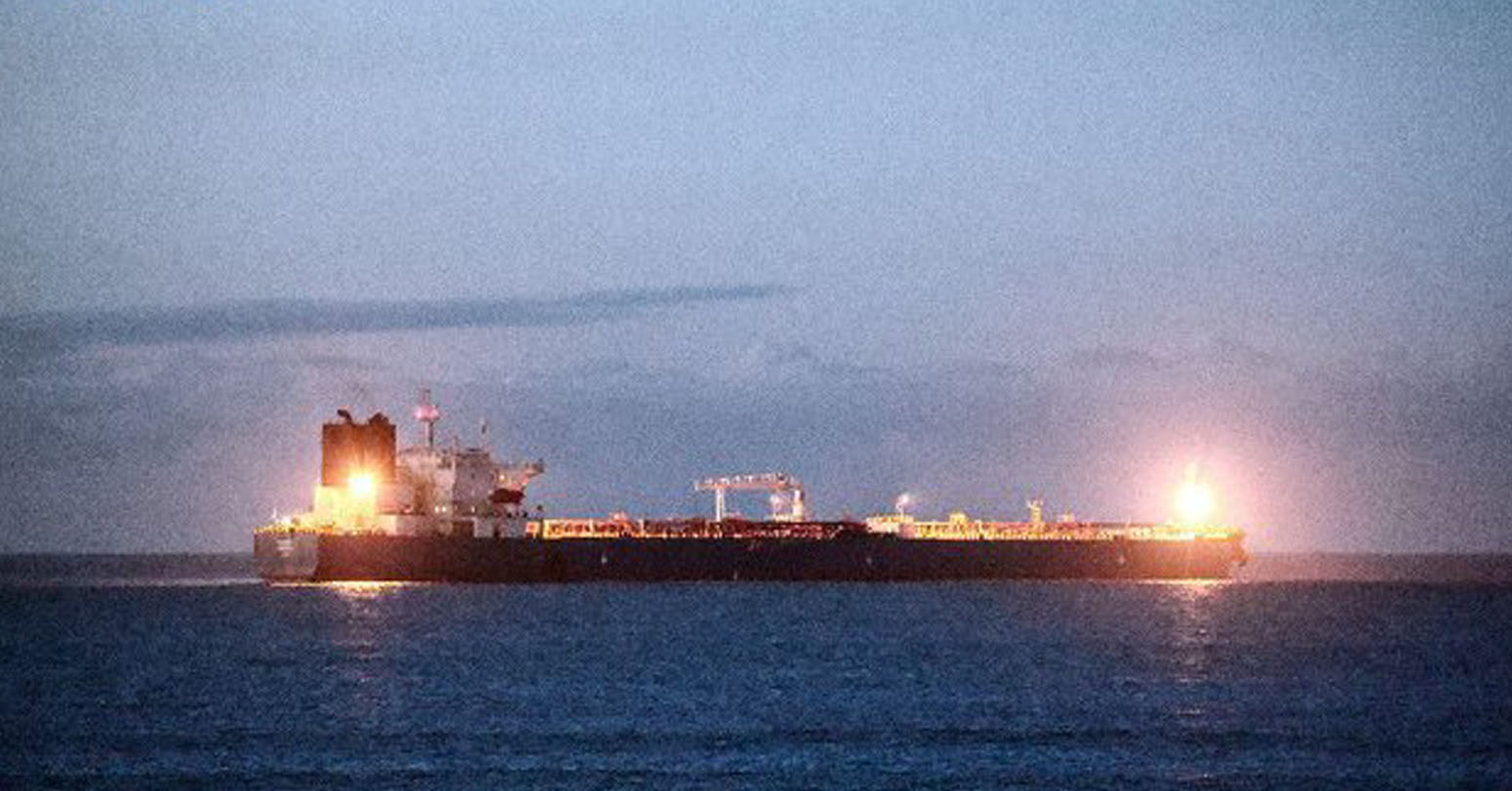
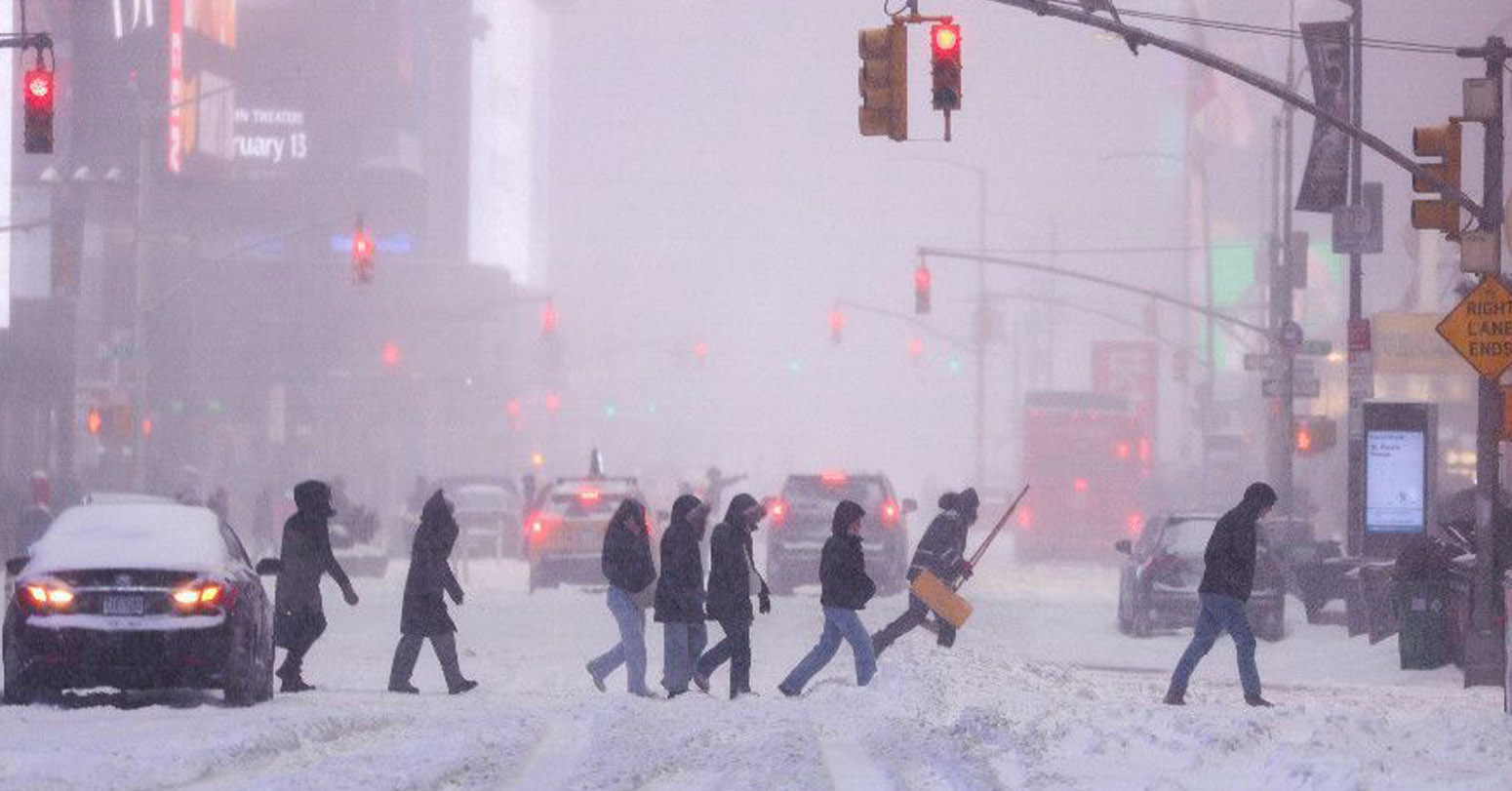
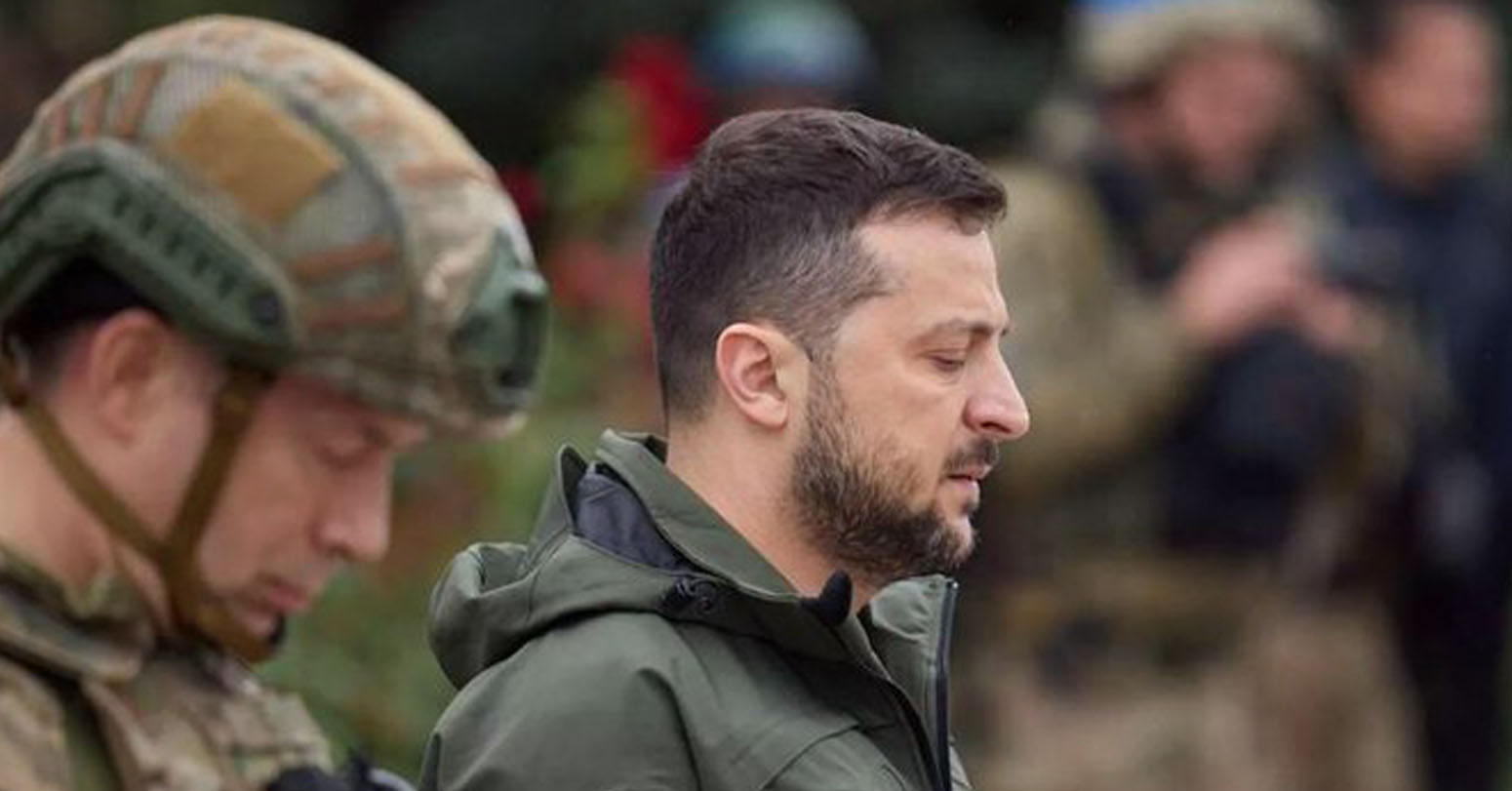



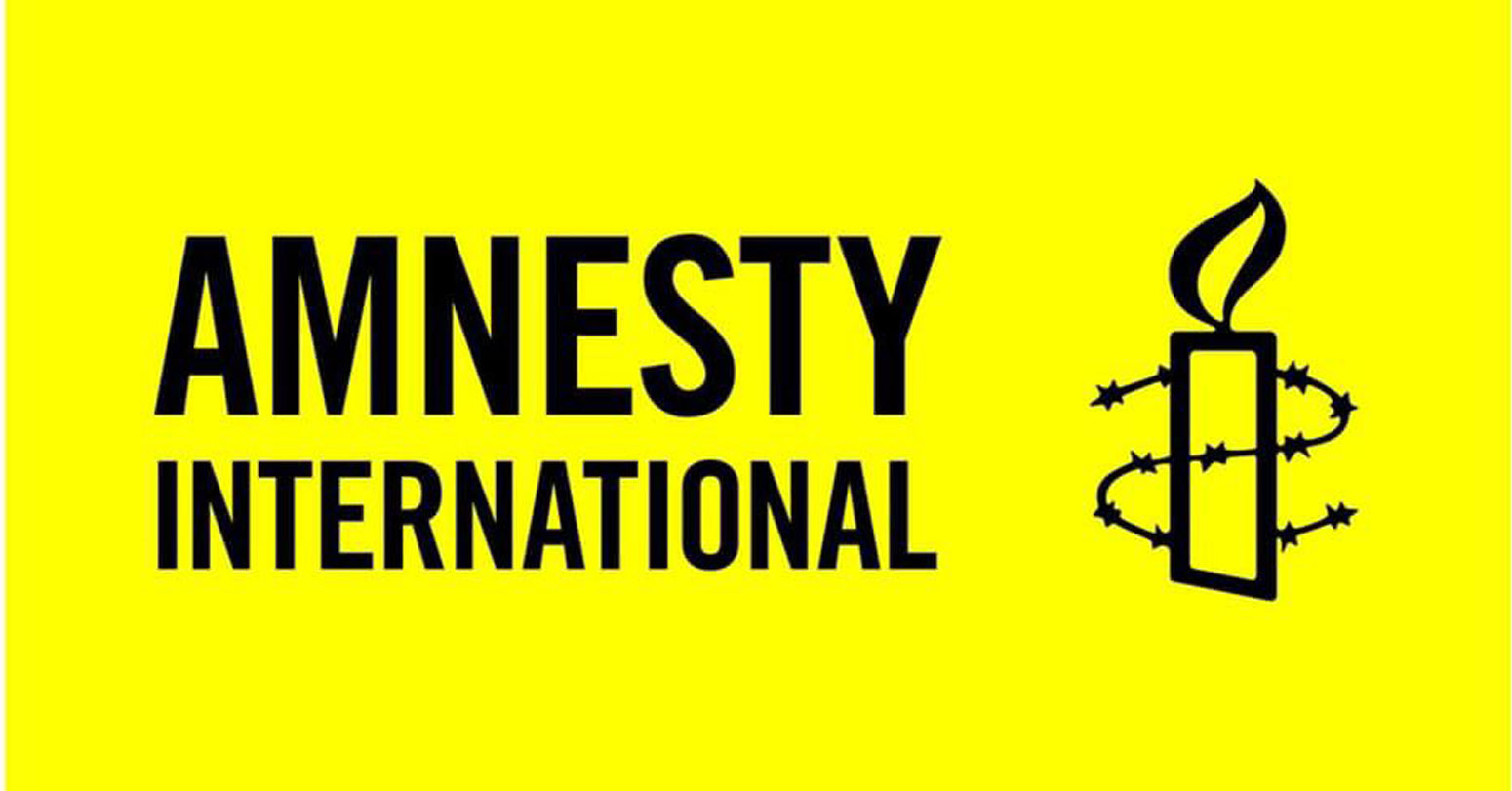

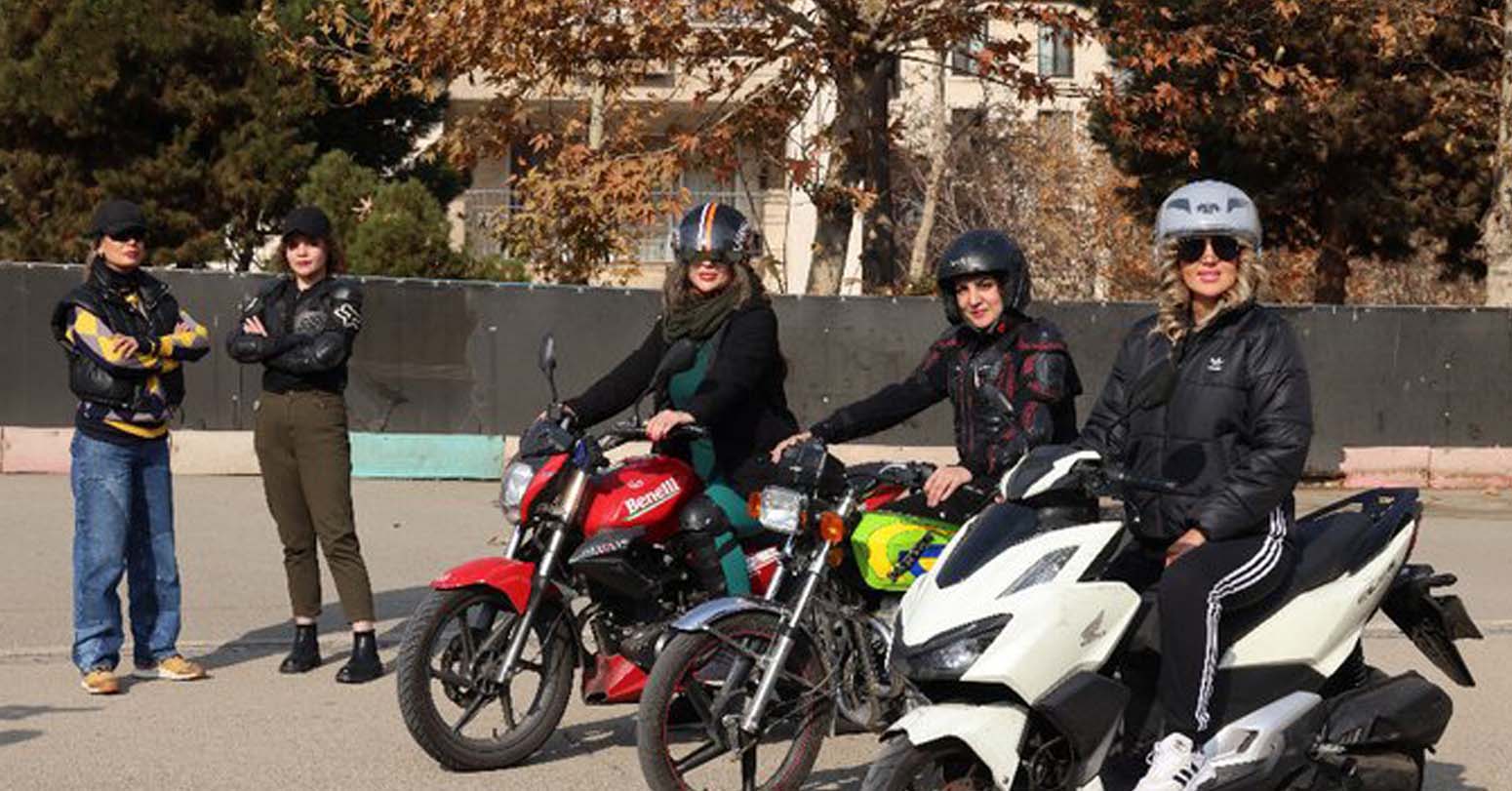
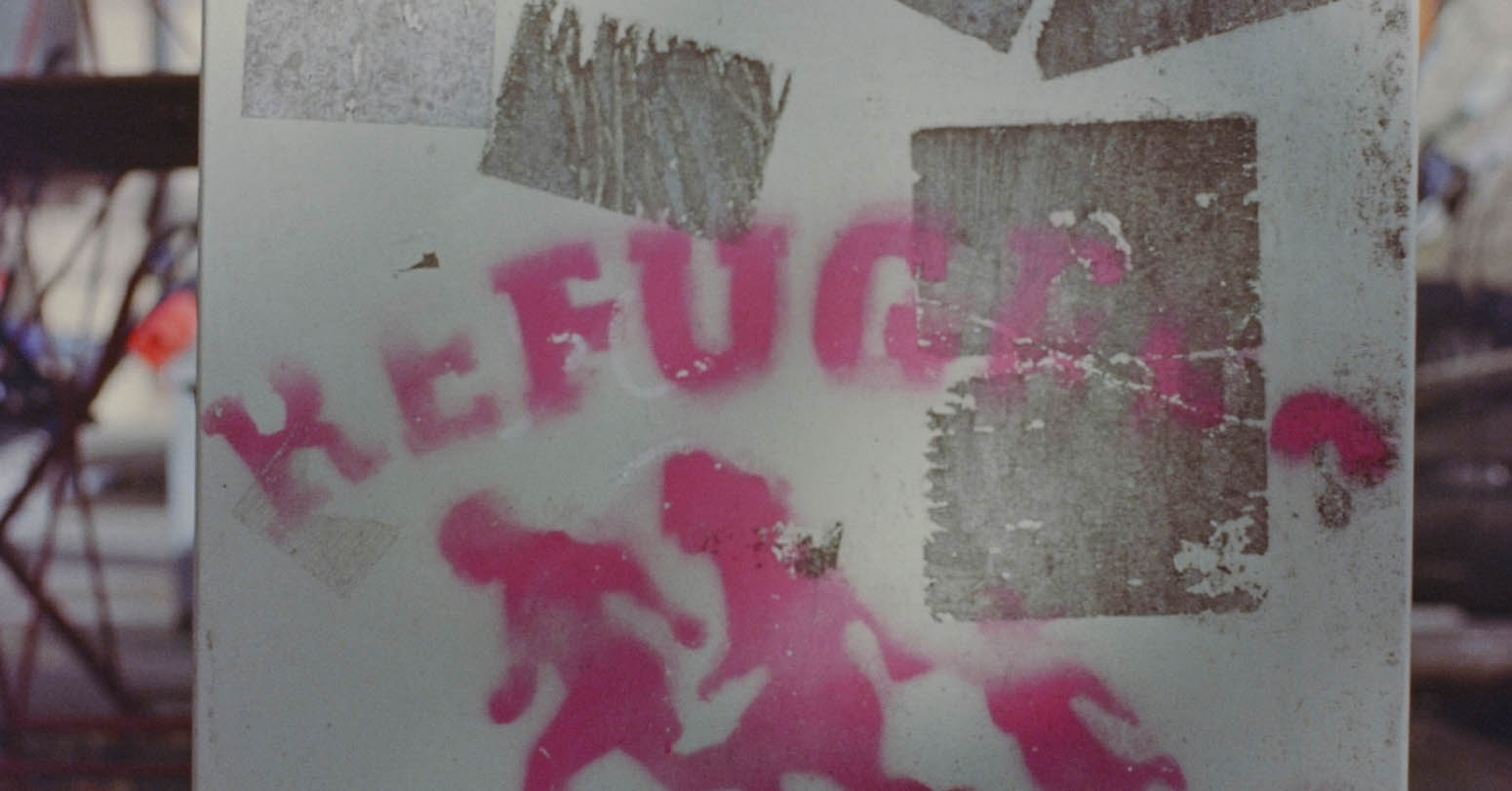
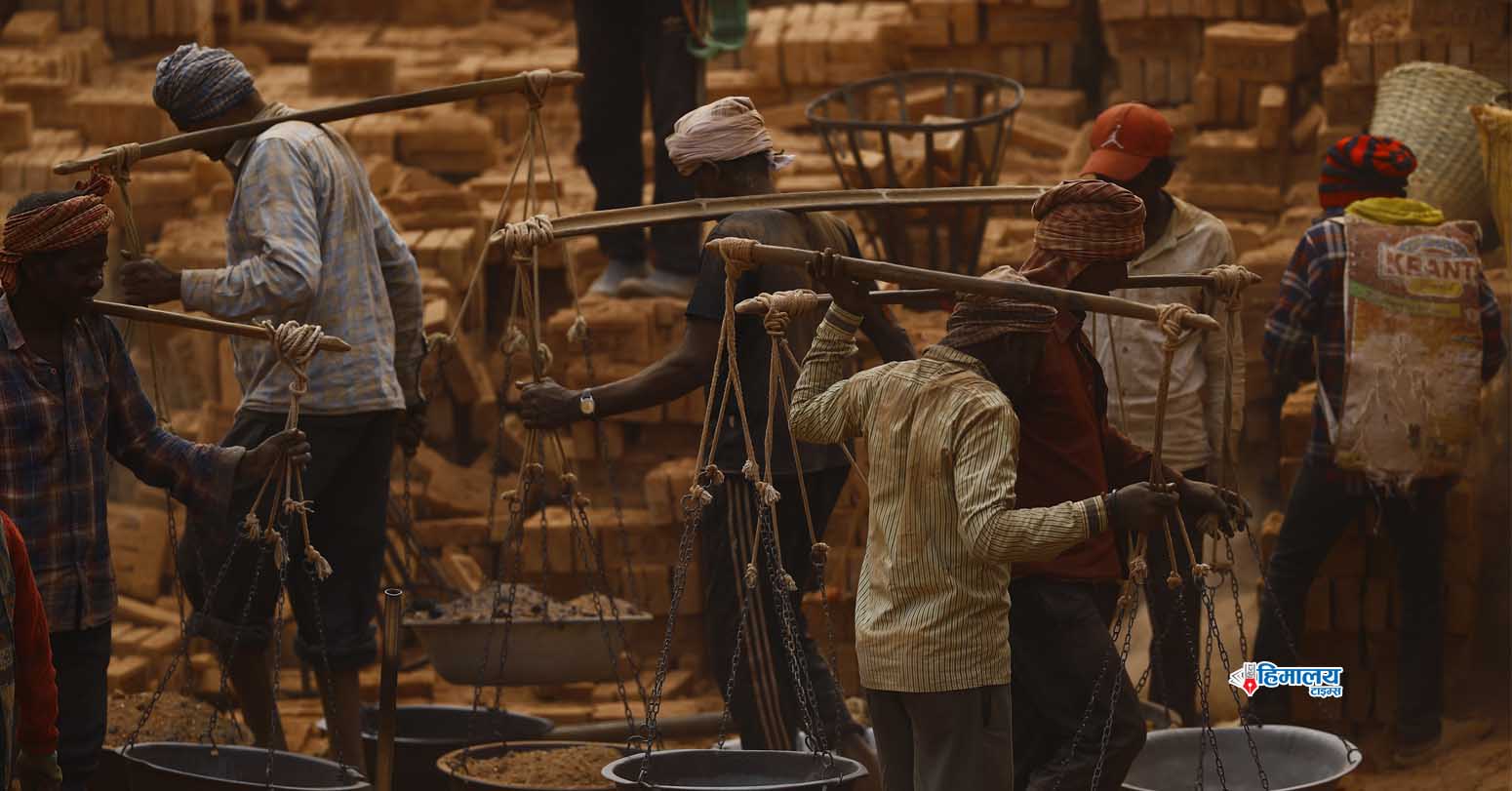

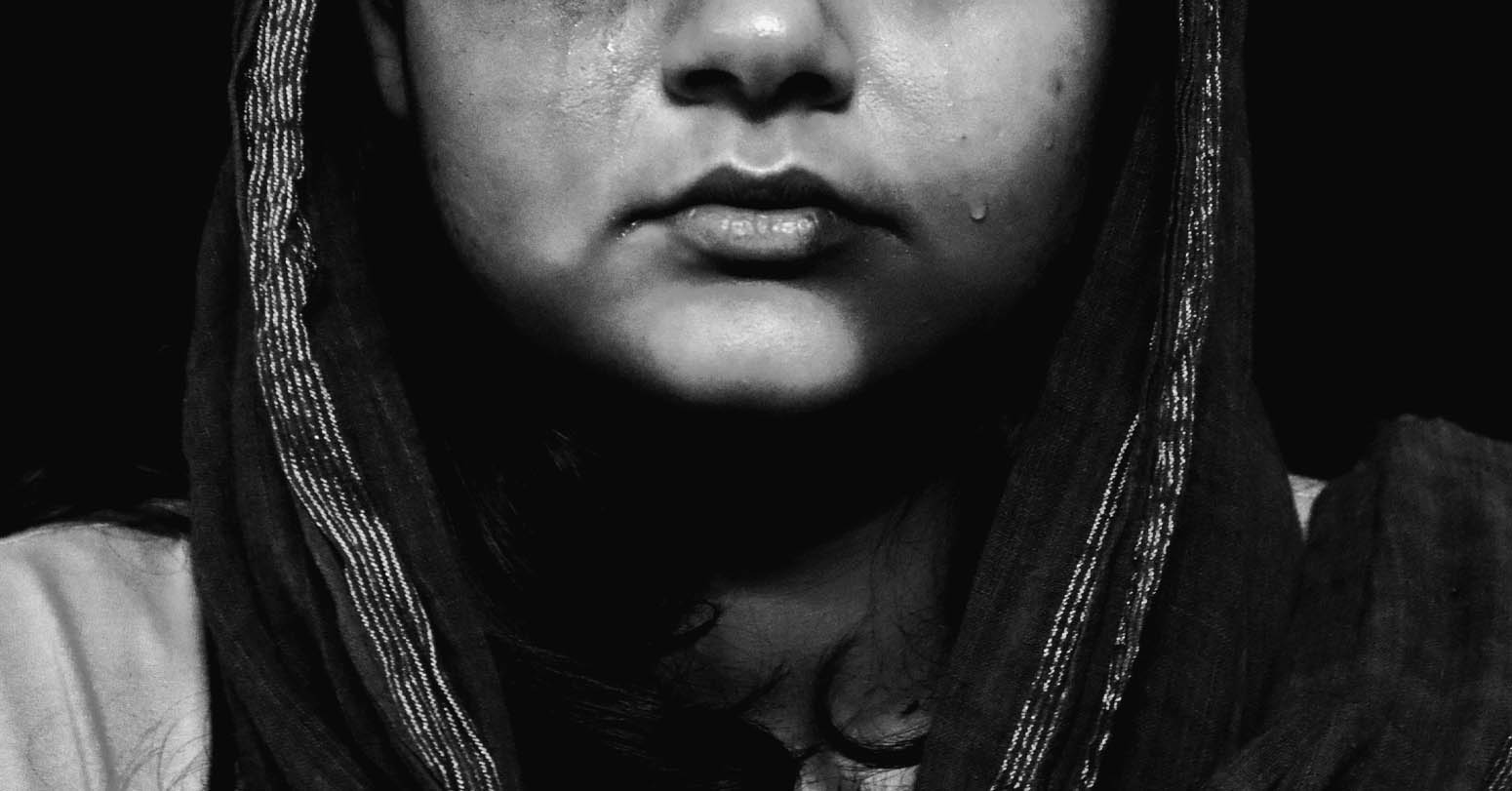






Middle-aged man spends millions to
Dr. Dharam Raj Upadhyay: Man
Children, Greatest Victims Of Sudan’s
Breathing The Unbreathable Air
Comprehensive Data Protection Law Critically
Gender Differences In Mental Healthcare